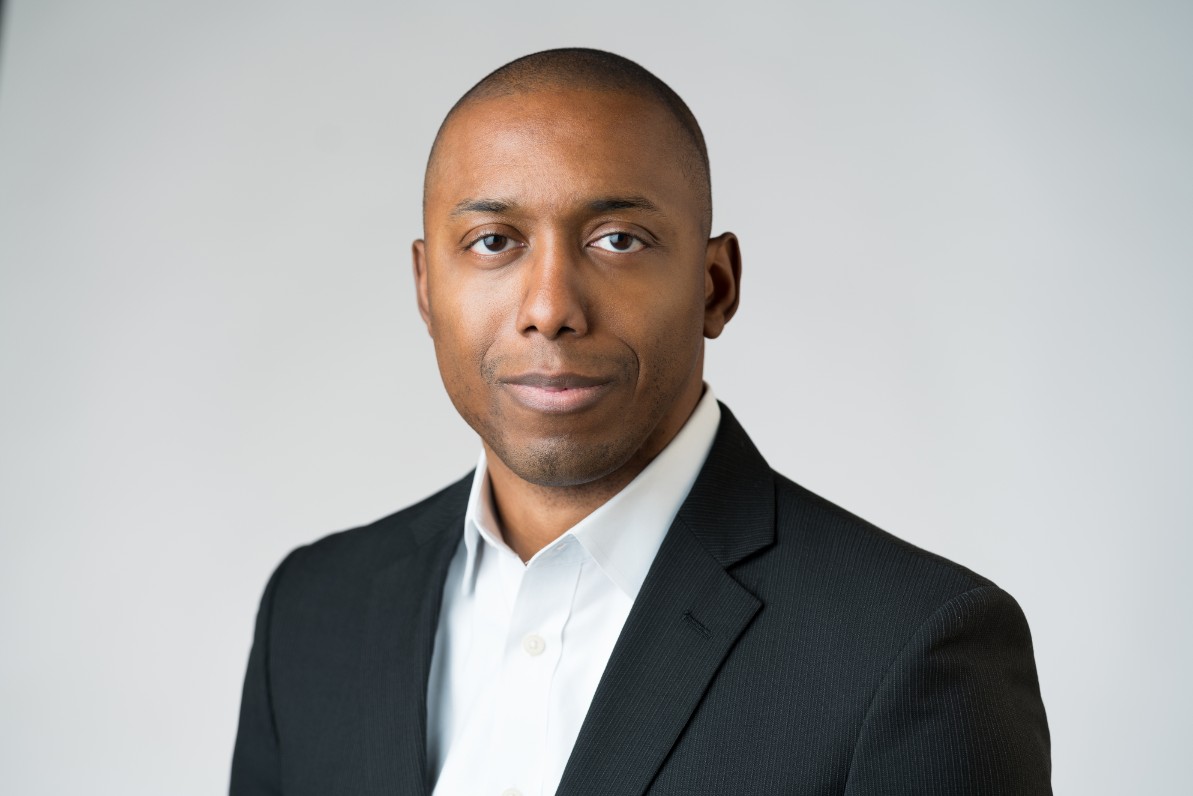In the latest installment of McChrystal Group’s Senior Advisor Interview Series, former Department of Labor Chief Innovation Office Chike Aguh discusses the future of the U.S. workforce, the factors that are shaping where and how people work, and how organizations can prepare today for the workforce of tomorrow.
Chike Aguh currently serves as the Vice Chair and Commissioner for the Maryland Higher Education Commission and is a Senior Advisor for the Project on Workforce at Harvard. Aguh highlights the importance of upskilling and workforce development, and how organizations can invest in their people through continuous learning to keep pace with change.
Q: What are the key challenges posed by the future of work, particularly in light of new technologies and automation?
A: The future of work is undoubtedly a landscape filled with both opportunities and challenges. One of the significant challenges we're facing stems from the rapid advancement of technologies such as automation and artificial intelligence (AI). Let's take a moment to think about autonomous vehicles – they're on the horizon and have the potential to replace millions of truck drivers. This illustrates a broader trend where certain jobs may simply disappear.
But more often, roles will change significantly due to technology and automation instead of disappearing. And those roles will require new skills that can only be developed through training and education.
To provide a more concrete example, consider customer service. AI-powered chatbots and virtual assistants are becoming incredibly sophisticated. They can handle routine customer inquiries effectively. This shift is impacting many jobs in the customer service sector, and individuals working in these roles need to adapt or transition to new careers as a result.
Another challenge I'd like to highlight is the transformation of existing jobs. Take loan officers, for instance. They now rely on algorithms for loan approvals. The job hasn't vanished, but it has evolved significantly. Loan officers must now work alongside these algorithms, necessitating the acquisition of new skills related to data analysis and AI integration.
Q: In your estimation, how should organizations prepare their workforce for the future of work, considering both technical skills and timeless skills?
A: Preparing the workforce for the future is a complex task that requires a multi-pronged approach. I firmly believe organizations should adopt a holistic strategy that blends traditional methods with innovative approaches. Let me share some insights into what this means in practice.
First, there's the importance of experiential learning. Organizations can offer employees opportunities to work on projects involving emerging technologies. This hands-on experience not only helps individuals acquire technical skills but also fosters a culture of continuous learning within the organization. For example, imagine a financial institution allowing its employees to participate in AI projects to enhance fraud detection systems.
Leaders should first identify the specific skills and tasks required for current and future jobs within their organizations. They should then actively scan for emerging trends and innovations, invest in timely skills training, and explore innovative training methods like extended reality (XR) or augmented reality (AR). Additionally, leaders should consider partnerships with educational institutions and prioritize employee education as a benefit.
Finally, we shouldn’t lose sight of the timeless skills. Leadership and communication are two of these timeless attributes that will remain critical in the future workplace. Effective leadership is essential for guiding teams through digital transformations, and strong communication skills are crucial for conveying complex technical concepts to non-technical stakeholders. Think about how a tech company's manager needs to communicate the benefits of a new software system to the sales team effectively.
Q: What can be done to bridge the information gap between available jobs and potential employees in the changing job market?
A: Bridging the information gap in the changing job market is vital, and it requires concerted efforts from various stakeholders. Several factors contribute to this gap, and we need practical solutions to address them.
One approach is improving the accessibility of job information. Imagine a government-sponsored platform or app that provides real-time updates on job openings, job requirements, and career pathways. Such a tool would empower job seekers with accurate and up-to-date information, helping them make informed decisions about their career paths.
Moreover, we should aim to eliminate unnecessary barriers. Consider the practice of some companies requiring degrees for jobs that don't necessarily demand formal education. We can follow the example of tech giants like Google and IBM, which have shifted their hiring practices by placing less emphasis on degrees and focusing more on skills and relevant experience. This change broadens the pool of qualified candidates and promotes a more inclusive job market.
Q: How can public benefits be adapted to support individuals in navigating the evolving job landscape?
A: We need modernization to ensure that these benefits remain relevant and effective. First, there's the reevaluation of benefit structures. Governments can redesign unemployment benefits to better support those in transition. This could involve offering short-term financial support to individuals while they upskill or reskill to meet the demands of the changing job market. Think about a scenario where someone who lost their job due to automation receives financial support to attend a training programs for in-demand skills like welding and prompt engineering.
Additionally, public benefits should align with emerging employment trends. Gig work is becoming increasingly common. Governments can explore innovative ways to provide benefits like healthcare or retirement savings to gig workers, ensuring they have access to essential services and financial security. Imagine a healthcare system that allows gig workers to access affordable health insurance plans, promoting their well-being and economic stability.




